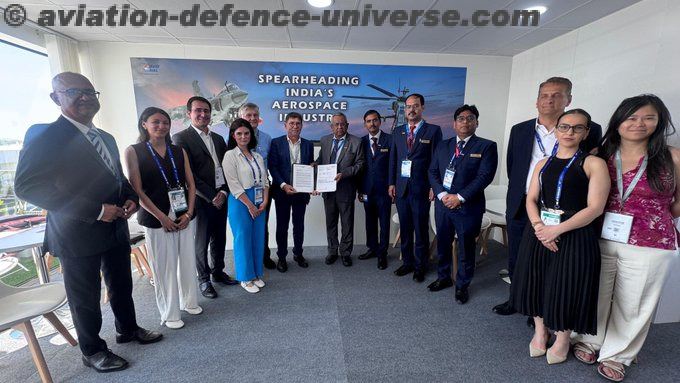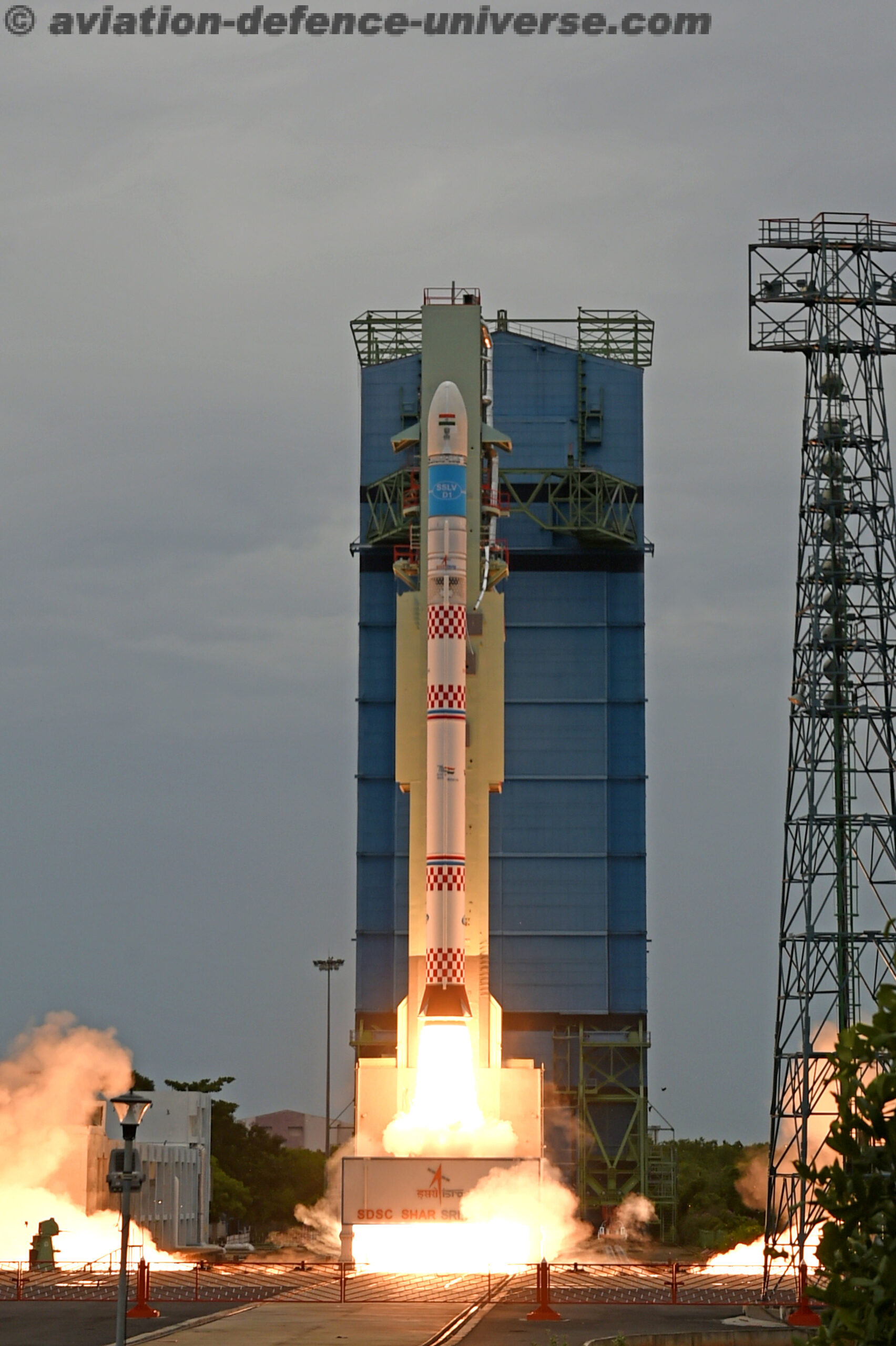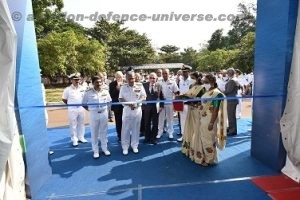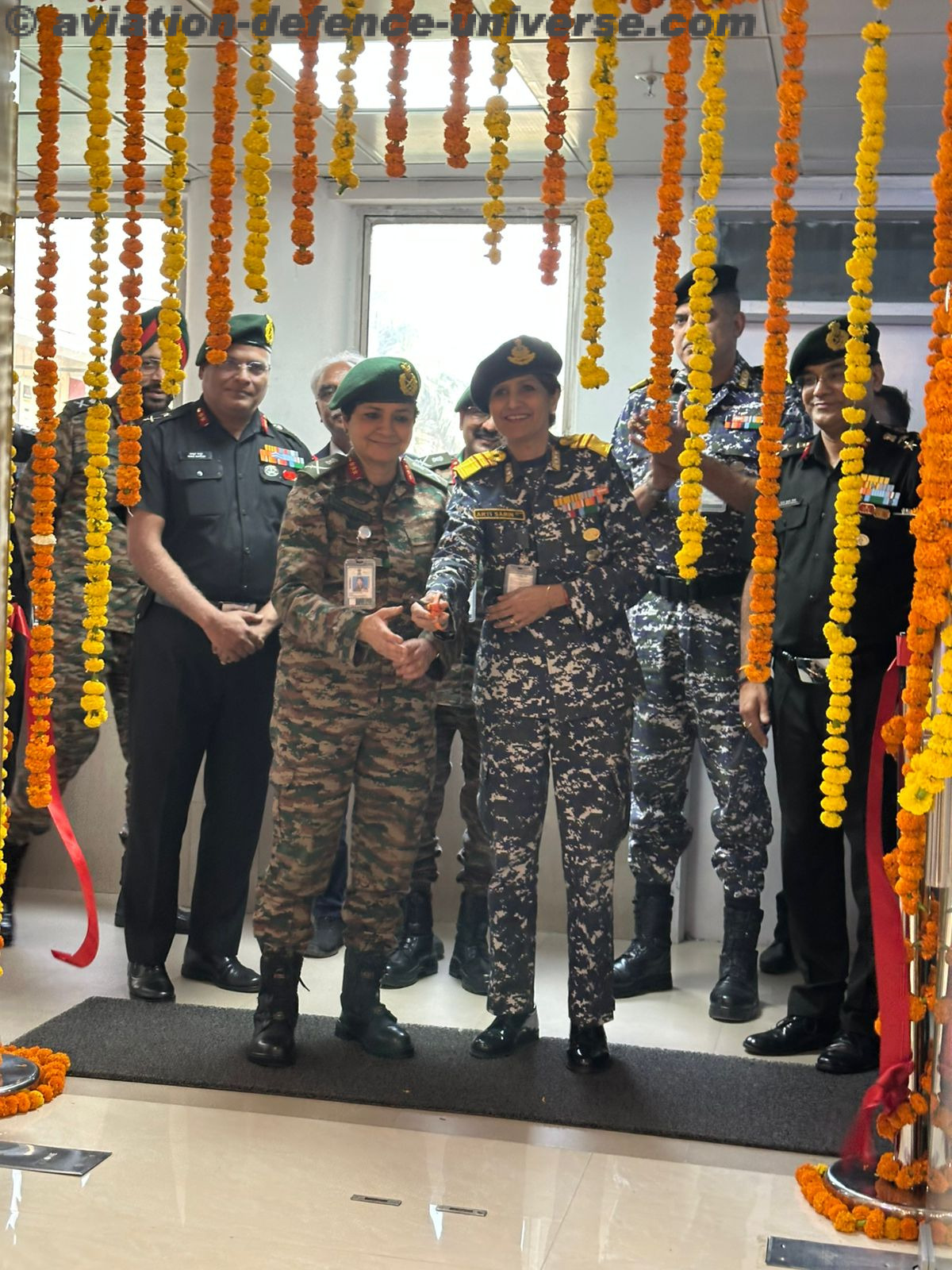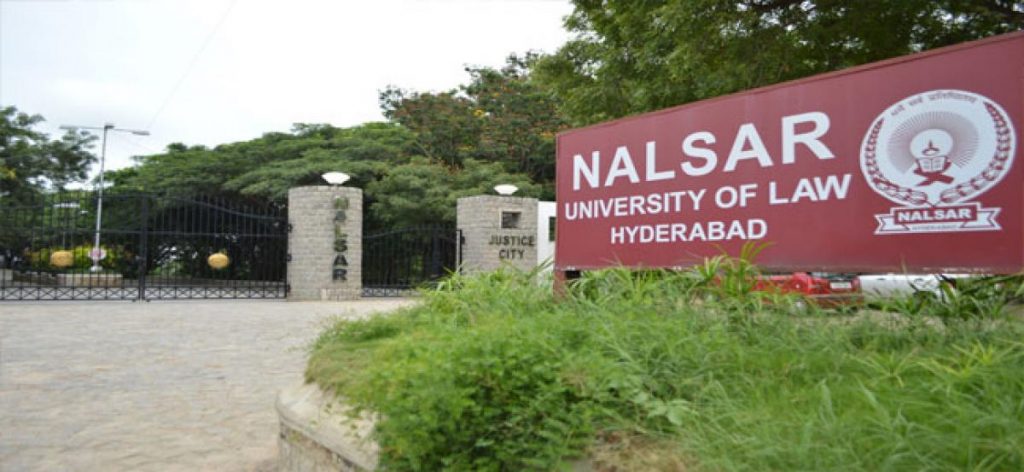
- To brainstorm legal scope and opportunities in Aviation, Defence, Space, Maritime and Remote Sensing Sector
Hyderabad. 09 September 2021.Centre for Aerospace and Defence Laws (CADL), NALSAR University of Law has come back with the webinar series on the Scope and Opportunities in Aviation, Defence, Space, Maritime and Remote Sensing sectors. This series will critically examine the scope and future opportunities of the Aviation, Defence, Space, Maritime and Remote Sensing sectors.
Schedule:
13th September, 2021 – 7:00 – 8:30PM: Scope and Opportunities in Aviation Sector.
14th September, 2021 – 7:00 – 8:30PM: Scope and Opportunities in Defence Sector.
15th September, 2021 – 7:00 – 8:30PM: Scope and Opportunities in Maritime Sector.
16th September, 2021 – 7:00 – 8:30PM: Scope and Opportunities in Space Sector.
17th September, 2021 – 7:00 – 8:30PM: Scope and Opportunities in Remote Sensing Sector.
Agenda:
13th September, 2021 – Scope and Opportunities in Aviation Sector
7:00 – 7:15 PM – Opening Remarks by Moderator
7:15 – 7: 45 PM – Remarks by Speaker (Mr. Sagar Singamsetty)
7:45 – 7:55PM – NALSAR-CADL Initiatives by Prof. V. Balakista Reddy
7:55 – 8:25 PM – Moderated Q & A Session
8:25 – 8:30 PM – Closing Remarks by Moderator
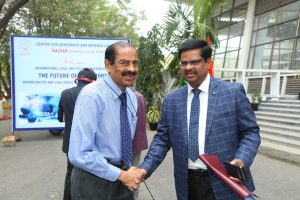
14th September, 2021 – Scope and Opportunities in Defence Sector.
7:00 – 7:15 PM – Opening Remarks by Moderator
7:15 – 7: 45 PM – Remarks by Speaker (Lt. Gen. A.V. Subramanian (Read.))
7:45 – 7:55PM – NALSAR-CADL Initiatives by Prof. V. Balakista Reddy
7:55 – 8:25 PM – Moderated Q & A Session
8:25 – 8:30 PM – Closing Remarks by Moderator
15th September, 2021 – Scope and Opportunities in Maritime Sector.
7:00 – 7:15 PM – Opening Remarks by Moderator
7:15 – 7: 45 PM – Remarks by Speaker (Prof. P.V. Rao)
7:45 – 7:55PM – NALSAR-CADL Initiatives by Prof. V. Balakista Reddy
7:55 – 8:25 PM – Moderated Q & A Session
8:25 – 8:30 PM – Closing Remarks by Moderator
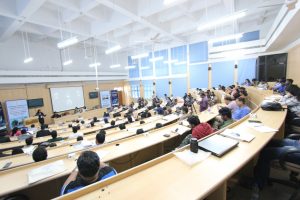
16th September, 2021 – Scope and Opportunities in Space Sector.
7:00 – 7:15 PM – Opening Remarks by Moderator
7:15 – 7: 45 PM – Remarks by Speaker (Mr. K.R. Sridhara Murthi)
7:45 – 7:55PM – NALSAR-CADL Initiatives by Prof. V. Balakista Reddy
7:55 – 8:25 PM – Moderated Q & A Session
8:25 – 8:30 PM – Closing Remarks by Moderator
17th September, 2021 – Scope and Opportunities in Remote Sensing Sector.
7:00 – 7:15 PM – Opening Remarks by Moderator
7:15 – 7: 30 PM – Remarks by Speaker (Dr. Swarna Subba Rao)
7:30 – 7:45 PM – Remarks by Speaker (Maj Gen Dr R Siva Kumar)
7:45 – 7:55 PM – NALSAR-CADL Initiatives by Prof. V. Balakista Reddy
7:55 – 8:25 PM – Moderated Q & A Session
8:25 – 8:30 PM – Closing Remarks by Moderator
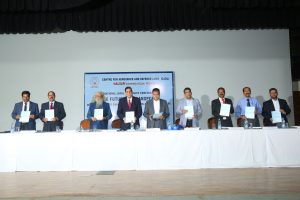
India’s Aerospace and Defence sector is in transition of being a self-reliant Industry. With the encouragement of government, and the participation of Private Companies, the sector’s ecosystem is in process of steady development. However, there is constant requirement of collaboration between the R&D and the Industries as the technology needs and advancement is drastic.
The Aviation sector has been the worst hit sector due to the Covid. This has led to the various problems in Human Resources, Airports, Airline companies. The lawyers and legal experts in this sector were given huge tasks of modifying contracts, to find the way-outs in the existing contracts. The economy is bleak. However, such challenging situations has welcomed many opportunities to many skilled employees. The need for collaboration and interaction between the various departments in the sector is identified.
Foreign Direct Investment (FDI) equity inflow in the defence sector for April 2020 – March 2021 stood at US$ 10.15 million (Rs. 61.52 crore) as per data released by the Department for Promotion of Industry and Internal Trade (DPIIT). In June 2021, Defence Minister, Rajnath Singh, approved a proposal for the construction of six submarines at an estimated cost of ~ Rs. 43,000 crore (US$ 5.76 billion). He also approved proposals regarding capital acquisitions of several equipment for modernisation and operational requirements at an estimated cost of ~ Rs. 6,000 crore (US$ 803.91 million). Government formulated the ‘Defence Production and Export Promotion Policy 2020’ to provide impetus to self-reliance in defence manufacturing under the ‘Aatmanirbhar Bharat’ scheme. The ministry aims to achieve a turnover of Rs. 1 lakh 75 thousand crore (US$ 25 billion), including an export of Rs. 35 thousand crore (US$ 5 billion) in the aerospace and defence goods and services by 2025. The government has started many other initiatives to encourage the start-ups, MSMEs to achieve the ‘Atmanirbhar Bharat’ goal. These developments enable the requirement of the specialised personnels in the sector.
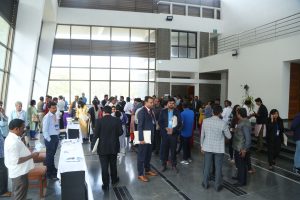
In order to enhance the diffusion of space technology and boost space economy within the country, Department of Space (DOS) is encouraging the participation of private companies in space activities. ISRO is complementing DOS in its objective of opening up the space sector to private industries. This enables for the new opportunities in the sector. Also, Space based applications/ services over the years have grown in multitude than originally envisaged. Many new applications are being developed world wide to meet the growing user demands and requirements. The activities are on a growth trajectory with huge commercial potential.In India, many Non-Government-Private-Entities (NGPEs) have started engaging in space activities for commercial gains. Many start-ups and industries have started making launch vehicles and satellites and are eager to provide space based services. Participation of NGPEs including academic institutions, start-ups and industries in end-to-end space activities is expected to expand the space economy.
According to the Ministry of Shipping, around 95% of India’s trading by volume and 70% by value is done through maritime transport. India has 12 major and 205 notified minor and intermediate ports. Under the National Perspective Plan for Sagarmala, six new mega ports will be developed in the country. The Indian ports and shipping industry play a vital role in sustaining growth in the country’s trade and commerce. The Indian Government plays an important role in supporting the ports sector. It has allowed Foreign Direct Investment (FDI) of up to 100% under the automatic route for port and harbour construction and maintenance projects. It has also facilitated a 10-year tax holiday to enterprises that develop, maintain and operate ports, inland waterways and inland ports. India’s key ports had a capacity of 1,534.91 million tonnes per annum (MTPA) in FY20. In FY21, all key ports in India handled 672.60 million tonnes (MT) of cargo traffic. In June 2021, the Ministry of Ports, Shipping and Waterways and Ministry of Civil Aviation signed a memorandum of understanding (MoU) to develop sea plane services in India. The demand in the maritime and shipping sector, paves path for the new opportunities.














